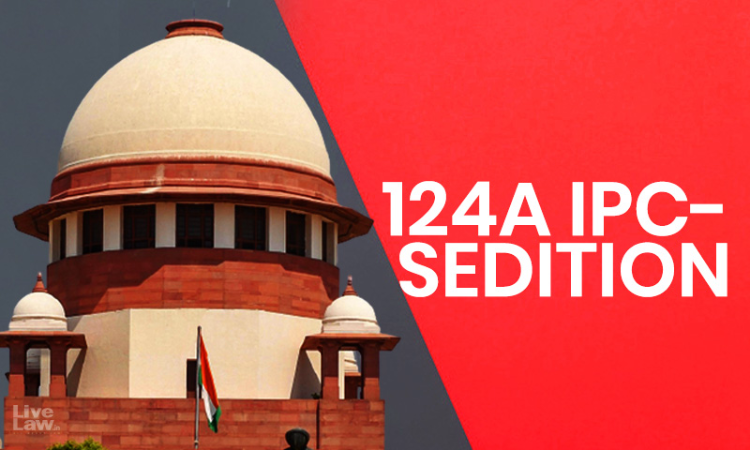Sedition : Army Veteran Moves Supreme Court Challenging Section 124A IPC; Plea To Be Heard Tomorrow
Radhika Roy
14 July 2021 12:26 PM IST

Next Story
14 July 2021 12:26 PM IST
Army veteran Major-General SG Vombatkere (Retired) has approached the Supreme Court challenging the constitutionality of the offence of sedition under Section 124A of the Indian Penal Code for being 'vague' and creating a 'chilling effect on free speech'. The Supreme Court on Wednesday directed the Petitioner to serve a copy of the plea to the Attorney-General for India. The matter will now...
